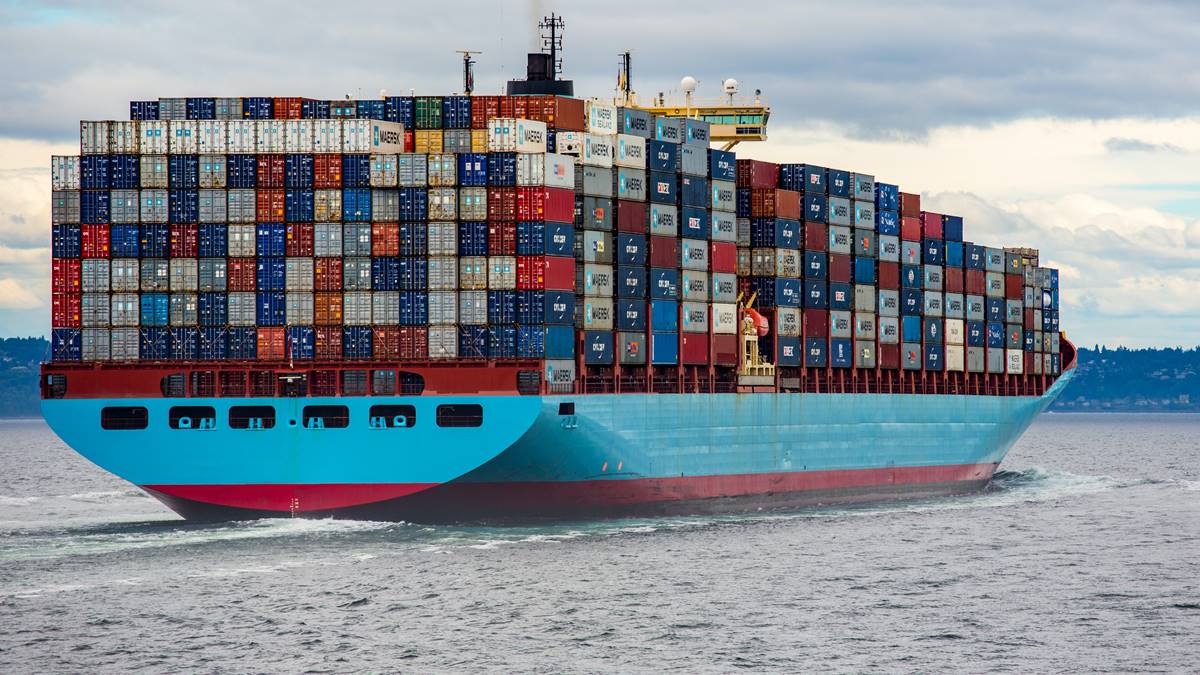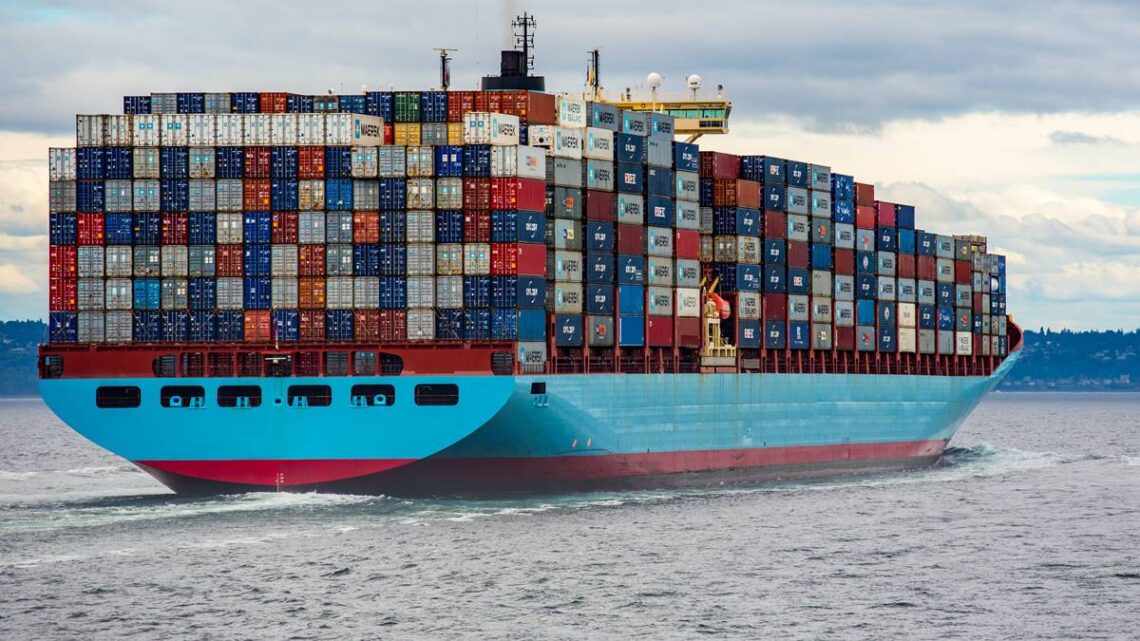The International Monetary Fund (IMF) has released a report stating that United Arab Emirates (UAE) and Saudi Arabia will be leading the short-term growth for the non-oil sector in the GCC region.

It highlighted a non-oil growth of 5.9% in the UAE for the first half of 2023, propelled by strong domestic demand, while Saudi Arabia’s hydrocarbon GDP growth was around 4.5% during this time. Meanwhile, the combined non-carbon growth for the region will be was recorded at 4.3% in 2023 after a surge of 5.3% in 2022. However, as a result of oil-production cuts, the overall GCC GDP growth is expected to slow to 1.5% in 2023.
The report attributes the slowdown to oil production cuts aligned with the OPEC+ agreement and additional unilateral cuts of 1.0 million bpd by Saudi Arabia. The GCC hydrocarbon GDP, which grew by 7.8% in 2022, is anticipated to register a negative growth of around 1.0% in 2023. The IMF notes that non-oil revenue growth in the region reflects ongoing financial and structural reforms.
Inflation in the GCC is contained, and current account surpluses remain high. The IMF predicts inflation to stay at 2.6% in 2023 and 2.3% in 2024, converging with that of the US in the medium term. Fiscal balances are healthy, supported by fiscal reforms and high oil prices. The report suggests that fiscal deficits will decrease to 24% of the combined GDP of the GCC by 2028.
Despite these positive indicators, the IMF cautions about high global uncertainty affecting the outlook. It recommends a comprehensive policy package to respond to near-term shocks and uncertainties while addressing medium- and long-term challenges. Prudent fiscal policy is advised in the short term, utilizing windfalls from higher oil prices to rebuild buffers. In the medium term, fiscal consolidation and non-oil revenue mobilization efforts are recommended, along with energy subsidy phase-out and the rationalization of expenditures.
The IMF also advises the GCC to follow the monetary policy of the US Federal Reserve and monitor financial stability risks. Structural reforms are crucial for diversifying economies away from hydrocarbons. The report emphasizes the importance of enhancing product market regulations, labor markets, and governance, as well as making efficient investments in digital and green initiatives.
Non-tradable goods inflation is identified as the main driver of headline inflation in 2023, driven by stronger economic activity and rising housing costs. Real estate prices are increasing rapidly in Dubai, modestly in Saudi Arabia, and rents are picking up in Kuwait. The report concludes by stating that wage growth has remained contained, attributed to a relatively elastic supply of expatriate workers and increased labor force participation in GCC countries.

















